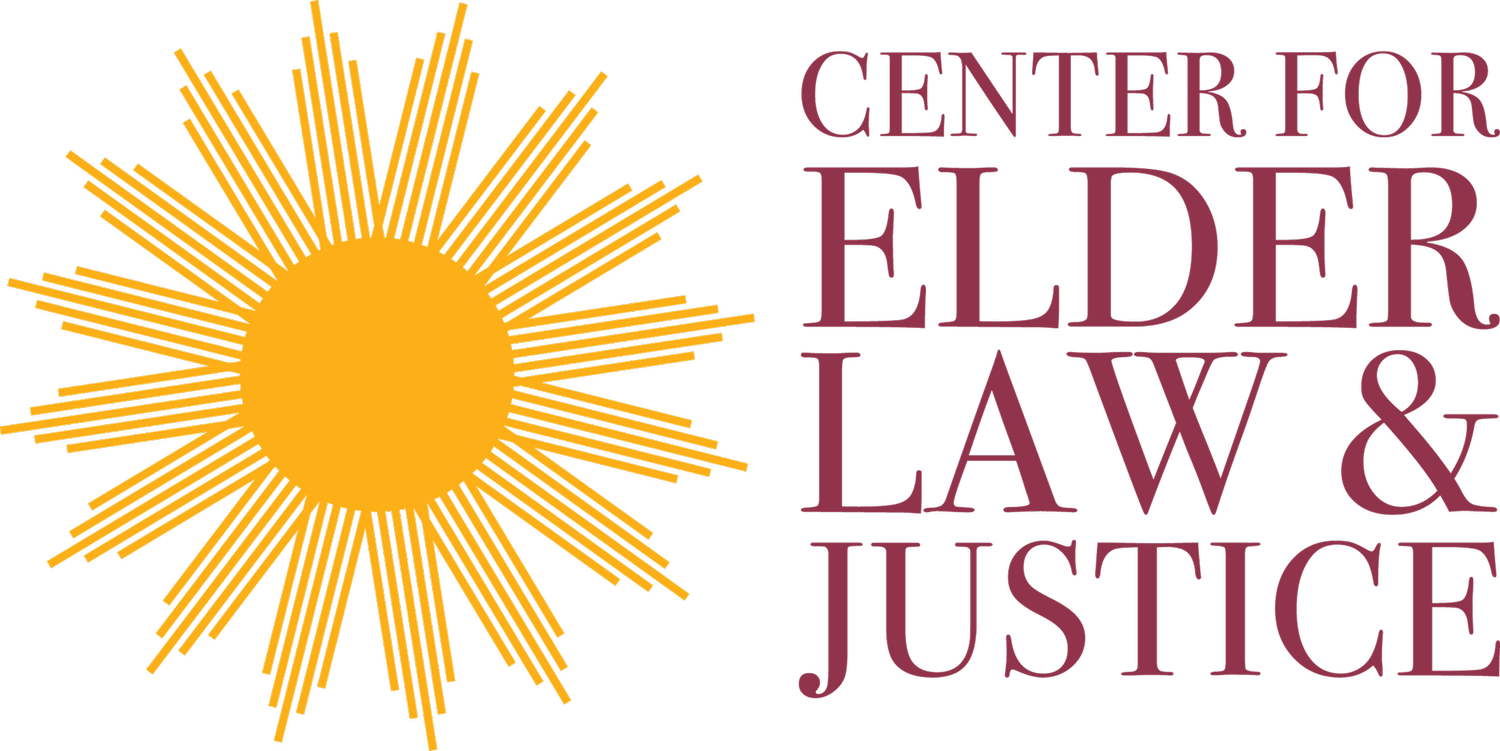Can’t We All Just Get Along?- Working in a multi-generational workforce
When I started at the Center for Elder Law & Justice (many years ago when it was called Legal Services for the Elderly, Disabled or Disadvantaged of Western New York), I was the only person on our eleven person staff in their twenties. In fact, I would guess that the average age of the other employees was around fifty. Getting a job out of law school, any job, was not a given and the attorneys who came before me in our profession expected to do things the way they learned (and wanted) with little to no input from the newer lawyers. The generations of lawyers that I followed, mostly white and male, were used to a level of deference from new lawyers and also from paralegals and administrative assistants. I believe that the idea of an Employee Engagement Survey, or feedback on a personnel review would have seemed ludicrous to them.
Although my generation of new lawyers did make changes, they seemed like laughable “advancements” now. For example, when I was in law school during the late 80’s, attorneys still dictated. We had gotten our first office computers and our “secretaries” still used carbon paper to make copies. Moreover, we had years, or even decades, to acclimate to each new change- giving everyone time to process, train and develop the skills necessary to change the way they worked over time.
I say this not to date myself (which I absolutely just did) but to remind everyone that those of us who have been around for a while, were once the innovators. We also held stereotypical opinions about our bosses and older colleagues and we complained and pushed for change, just as my daughter’s generation is doing now. I know that my older colleagues found us to be pushy know-it-alls who wanted to change how things had been running perfectly for thirty years, thank you very much. What is happening in the workforce now is not new, it is just happening at a much faster speed. It is going to continue to happen (AI, anyone?) and we will have to adapt again and again, if we want our businesses to thrive.
While it is very comforting to find like-minded colleagues to complain to about the other generations, it is toxic and, I believe, harmful to your objective, whether that objective is to provide services to vulnerable populations or grow your legal practice. I hear these complaints all the time and, I admit, have fallen into the pattern of these easy conversations myself when I meet people my own age. But I am striving to do better because the heart of all workplace tension is a lack of trust and when you stop seeing your colleagues as individual people, it is impossible to be vulnerable with them. So, the next time you want to complain about your discomfort in remote work, or when struggling with your need for a more work-life balance, we should try and have a conversation about what is behind those core beliefs. Let’s not assume the worst intentions based upon age-biased generalizations. We will have happier, healthier, and more productive workplaces if we do.
